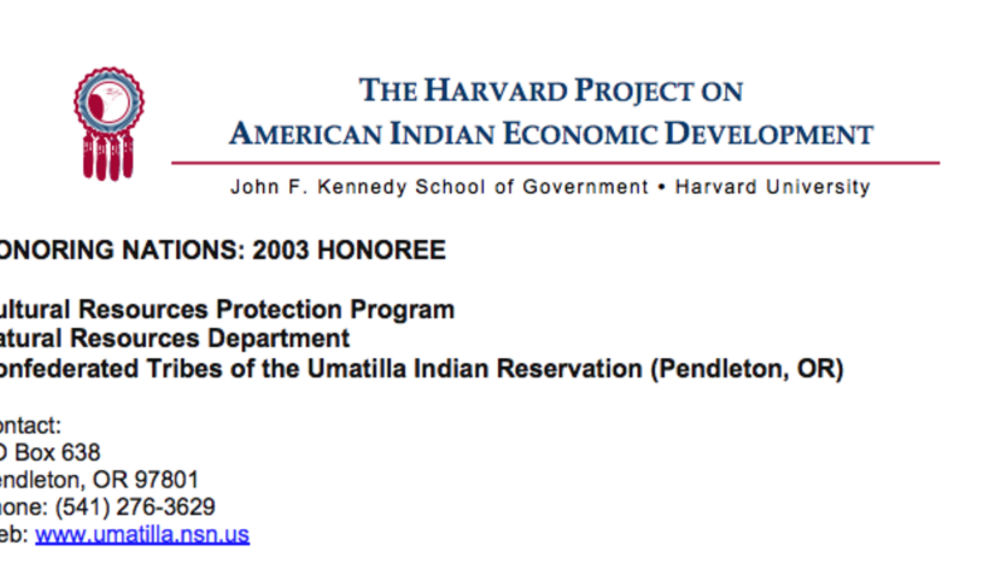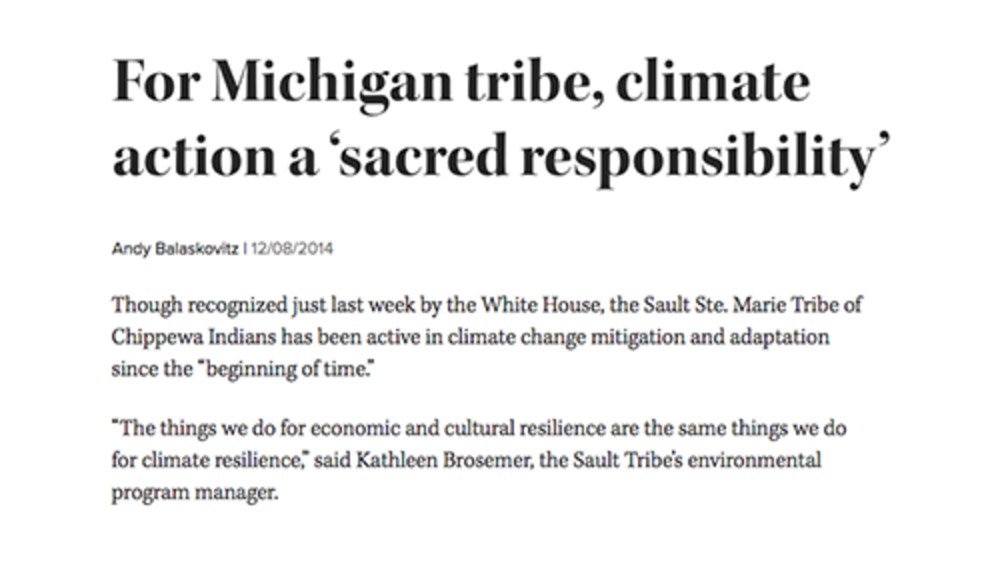“Water in the Native World,” a special issue on tribal water research was just released by the Journal of Contemporary Water Research and Education. This is the second time, Dr. Karletta Chief, the PI of the Community Engagement Core of the University of Arizona Superfund Research Center (UA SRC) has served as a guest editor to compile research highlighting important water research in tribal communities. Not only is the guest editor Indigenous but in this Special Issue nearly all of the co-authors are Indigenous and three publications (Bulltail and Walter, 2020; Conroy-Ben and Crowder, 2020, and Martin et al., 2020) are led by an Indigenous lead author.
Contact: Dr. Karletta Chief, Assistant Specialist & Professor, Environmental Physics and Hydrology
June 11, 2020:
Speakers:
Rachel Ellis (corresponding author) is an educator, advocate, and researcher specializing in justice-oriented watershed management and conservation in the Southwest. This article is based on research from her thesis “Exploring Anticolonial Protective Pathways for the Confluence of the Colorado and Little Colorado Rivers.” rme96@nau.edu.
Denielle Perry is a tenure-track Assistant Professor at Northern Arizona University in the School of Earth Sciences and Environmental Sustainability. My research, broadly described, draws on a Political Ecology approach to analyze the drivers, priorities, and spatial dimensions of water governance. In particular, I examine how environmental institutions and values influence both the development and conservation of water resources, as well as the socio-ecological implications of these often competing agendas, in the face of climate change. I adopt a mixed-methods approach in my work, making use of both quantitative and qualitative analysis. I view the nexus of political ecology, water law and policy, and geospatial analysis as a powerful platform for solving some of the most pressing environmental problems of our time. Denielle.Perry@nau.edu
All content courtesy University of Arizona Cooperative Extension
Additional Information
Peery, Denielle & Ellis, Rachel. (June 11, 2020). “Water in the Native World Webinar Series: A Confluence of Anticolonial Pathways for Indigenous Sacred Site Protection.” University of Arizona Cooperative Extension. Video.



